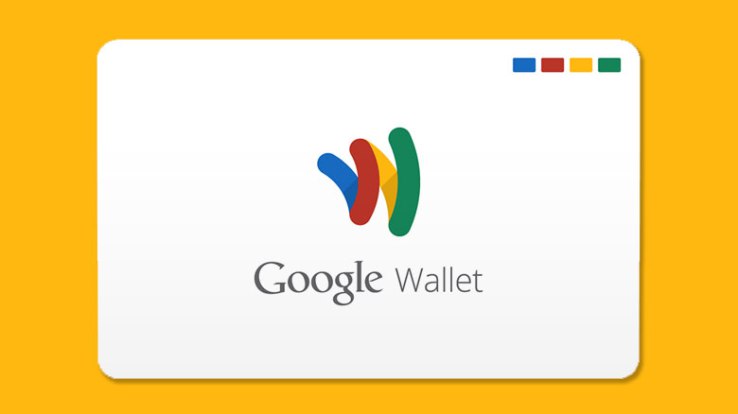

Google is bidding “smell ya later!” to its Wallet Card, the physical debit cards linked to Google Wallet accounts. In a blog post, the company said it plans to focus instead on the Google Wallet app, which relaunched last September with a new focus on online peer-to-peer payments.
People who hold a Wallet Card won’t be able to add money to it after May 1 and the cards (and recurring transfers set up with it) will be canceled on June 30. Android Pay will also stop accepting Wallet Card payments.
Google Wallet Cards launched in 2013, back before contactless payment services like Android Pay and Apple Pay were available. Even then, however, the idea of linking a physical card to a digital wallet seemed somewhat retrogressive. As TechCrunch’s Sarah Perez pointed out at the time, the Wallet Card didn’t work as a “universal” card that would replace all the other plastic in your wallet (a concept the startup Coin has also struggled to pull off), and was a lot more useful for Google than users because it let the company get yet more data about consumer spending habits.
Google’s decision to turn Wallet into a peer-to-peer payments system (which lets people send money to each other using just their email address or phone number) means it is more aligned with trends in the digital payments space, but also puts it in competition with a roster of other similar services, including Venmo, PayPal.me, Square Cash, Facebook Messenger’s payments service, and Snapchat’s Snapcash.
In its announcement, Google said it will redesign the Google Wallet app and add new features “in the coming months.”

